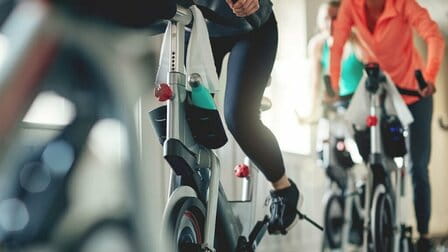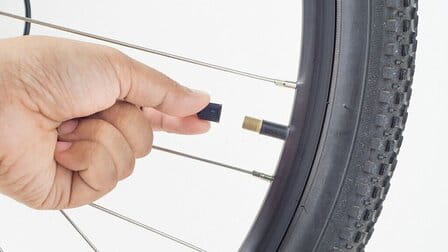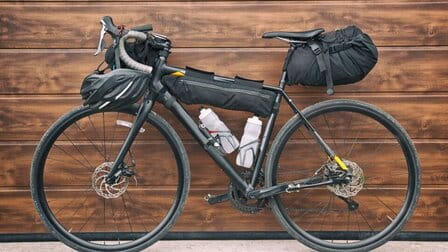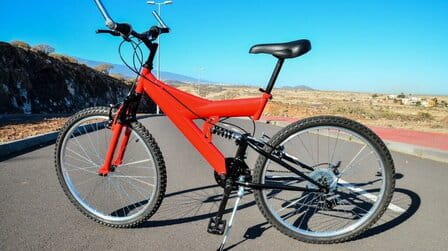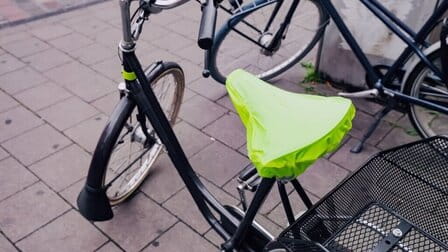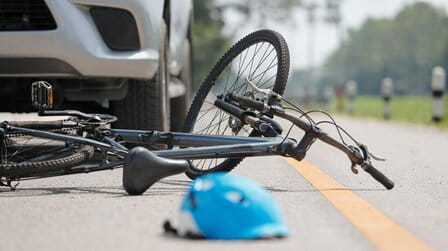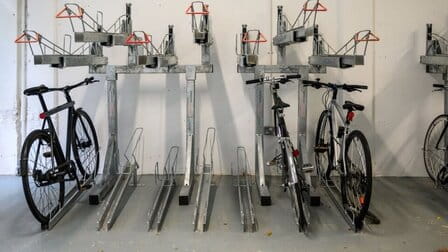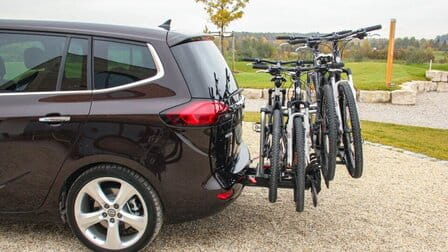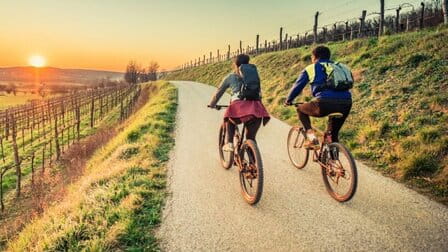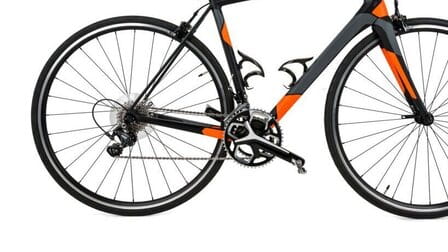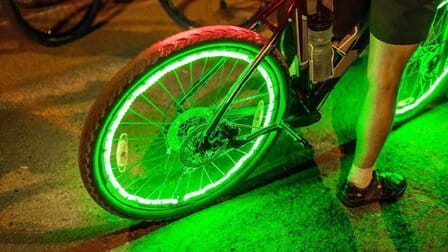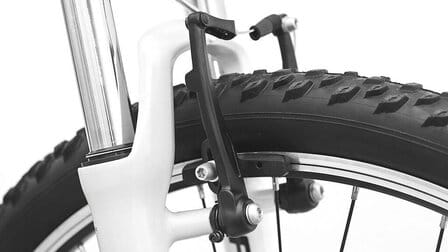Patients may experience disorientation, illogical ideas, or seizures in extreme situations that lead to heat stroke because multiple physiological systems are shutting down. If you have these symptoms, it's critical to get medical help. Your body needs to expel extra heat in order to maintain a safe body temperature. Here are some tips on how to avoid heat stroke.
How to Avoid Heat Stroke
When the body gets dehydrated and is unable to adequately cool itself to maintain a healthy temperature, heat-related disease happens. Heatstroke, a medical emergency that poses a life-threatening risk, may result from this. And below are some tips on how to avoid heat stroke.
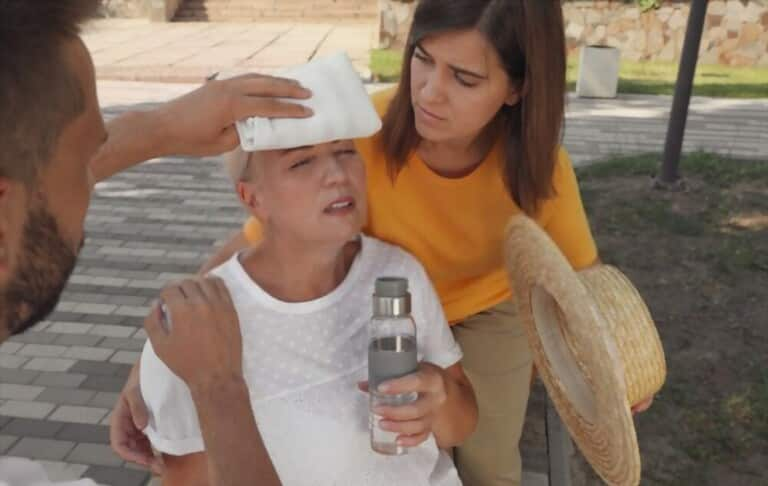
Keep Cool Indoors
Try to spend as much time as you can indoors where it's cool. To find out whether there are any heat-relief shelters nearby, contact your local health authority.
While electric fans may make you more comfortable when the temperature is in the upper 90s, they won't shield you from being sick from the heat. Much better ways to cool off include going to an air-conditioned location or taking a cool shower or bath. To keep your home at a cooler temperature, use your stove and oven less frequently.
Pace yourself
Pace yourself is also a good way to list how to avoid heat stroke. Pace yourself and limit physical activity while it's hot outside. Start softly and increase up the speed gradually if you're not used to working or exercising in a warm setting. STOP any activities if physical exertion in the heat causes your heart to race and leaves you short of breath. If you start to feel dizzy, weak, or faint, find a cool spot or some shade and take a break.

Wear sunscreen
Sunburn can dehydrate you and interfere with your body's ability to cool down. If you must venture outside, shield your skin from the sun by donning a wide-brimmed hat, some sunglasses, and applying sunscreen with an SPF of 15 or higher 30 minutes beforehand. In accordance with the instructions on the box, keep reapplying it.

Drink Fluids
Drinking fluids is also a good way to avoid heat stroke. Regardless of how active you are, make sure to drink enough water. Don't wait to drink till you're thirsty.
- Ask your doctor how much fluid you should consume throughout the summer if they have you on water tablets or have a drinking limit.
- Avoid highly sweet or alcoholic beverages since they actually lead you to lose more bodily fluid. Avoid really cold beverages as well because they may give you stomach pains.
Replace Salt and Minerals
- Excessive perspiration causes the body to lose salt and minerals that must be replenished. The salt and minerals you lose via perspiration can be replaced with a sports drink.
- Before consuming a sports beverage or taking salt pills, see your doctor if you are on a low-sodium diet, have diabetes, high blood pressure, or any other chronic diseases.
Make friends with others
Because elderly people often have underlying medical issues that might impact their body temperature, they are more vulnerable to heat stroke. The danger is heightened if you're a single person or have mobility issues, particularly if your air conditioner malfunctions. Find a friend or family who can assist as the temperature rises by using the buddy system.
Remember the time and the weather
The cooler parts of the day are early mornings and late evenings, so consider what time of day you'll be outside. Additionally, constantly check the heat index, or the sum of the temperature and humidity, online or using a mobile app. Be very cautious about how much time you spend outside when the heat index is in the upper 90s or higher.
Elements that lead to heatstroke
Heat stroke and other heat-related disorders can arise for a variety of reasons, including:
- Dehydration: In order to maintain good health, our body temperature must be close to 37 °C. Sweating serves as the body's primary method of self-cooling and typically accounts for 70 to 80% of heat loss. Dehydration makes a person sweat less, which makes it tougher to maintain a healthy body temperature over time—especially in the heat.
- After intense exercise, dehydration may occur if the fluid lost through perspiration is not replaced by drinking (especially in hot weather), if there is severe diarrhea or vomiting, if too much alcohol is consumed, if certain medications (such as diuretics) are taken, or if not enough water is consumed.
- Lack of airflow, such as while working in warm, inadequately ventilated, or enclosed spaces.
- People attending major events (concerts, dance parties, or athletic events) in hot or crowded settings run the risk of suffering from heat stress, which can lead to heatstroke.
- Exposure to the sun, particularly between 11 am and 3 pm on hot days.
- Bushfires - Being around a blaze may make you quickly dehydrated and sick from the heat. Bushfires typically happen when it's hot outside, which raises the danger.
Heat exhaustion symptoms and warning signs comprise a raised core temperature
- A rectal thermometer reading of 104 F (40 C) or higher indicates that a person is experiencing heatstroke, altered mental or behavioral condition. Heatstroke can cause a variety of symptoms, agitation, including confusion, irritability, slurred speech, delirium, seizures, and coma.
- changes in sweating Your skin will feel hot and dry to the touch if you have heat stroke brought on by hot weather. Your skin may feel dry or somewhat damp, though, if you have heat stroke brought on by vigorous activity.
- vomiting and nauseous. You could vomit or feel ill in your stomach.
- Flushed skin As your body temperature rises, your skin may get red.
- Quick breathing You could start breathing quickly and shallowly.
Conclusion
You'll probably be more vulnerable to high temperatures the following week once you've recovered from heat stroke. Therefore, it's advisable to stay out of the sun and limit your physical activity until your doctor gives the all-clear. Hope above information on the list of how to avoid heat stroke will help you.

